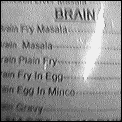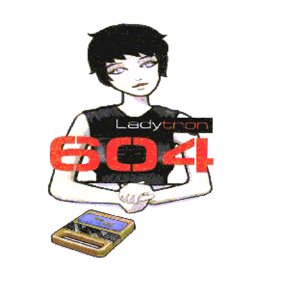The Dublin Flash Mob. All went off very well, from the sounds of it.
However, this
picture contains some wierdness — who the hell is that guy, second
from the left, who’s stolen my haircut circa 2 years ago?! Those are
my sideburns, give ’em back!
(ObSoCalJoke: they tried to organise a flash mob in southern CA, but
couldn’t find anywhere with a big enough parking lot for all those
single-occupant SUVs. Ba-dum-tish!)
Telecoms: The Communications Workers of America union have released some
figures on Verizon’s profit margins etc. Interesting to note some
figures — like they charge 4 dollars for call waiting, a service which
costs them 0.82 of a cent to provide — that works out at a 48,680% profit
margin, which must be nice. In addition, Verizon use ‘splitters’, which
result in a copper pair being unusable for DSL — just like Eircom do in
rural Ireland. Interesting to note that, even after deregulation, LLU
and general introduction of competition, the same problems still arise.
Science: BBC:
Scientific research put under spotlight. Terrible article from the
Beeb, who should know better.
Basically the article pins some of the blame for recent absurd claims
of scientific breakthroughs, like the Raelian’s claims they cloned
a human, on the peer review process.
What they’re missing is that, in most cases of these absurd claims, the
research had not been peer reviewed — instead a press release
was put out in advance. Peer review remains the most effective way to
demolish bad science. However, the news media shows no sign of being
willing to sit around and wait for other scientists to analyse the latest
claims, before publishing them.
Spam:
Salon: Meet The Spam Nazi. More on the bizarre story of the Jewish
leader of a Nazi party, who now peddles ‘make penis fast’ pills.
Politics: Ian ‘Freenet’ Clarke
says he’s leaving the US.
Linux: I’ve given up on blogging the SCO-v-everyone thing, it’s
getting too absurd. GrokLaw
is covering it much better than I could anyway. Plus: You say po-TAY-to, I say
po-TAH-to.
Movies: I
concur with Waider —
Pirates of the Caribbean is great. Best summer blockbuster in
years; Hollywood can still pull off a good big movie now and again (by
using young directors it seems). Buckle those swashes! Aarrr!

 Music: I’ve just stumbled across
Music: I’ve just stumbled across